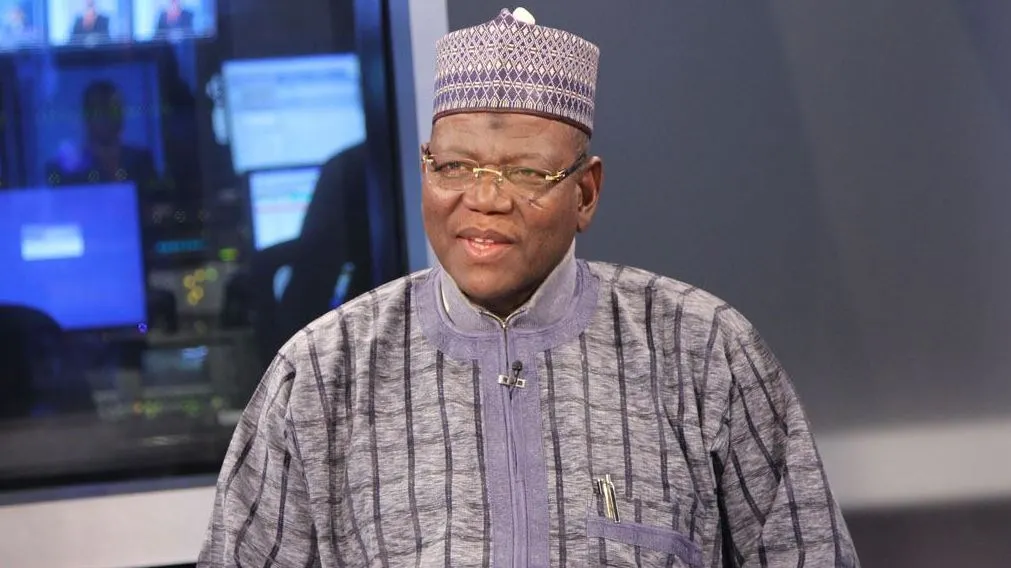POLITICS

ALAKE FIRES BACK AT SULE LAMIDO OVER JUNE 12 CLAIMS
A heated political exchange has erupted following remarks made by former Jigawa State Governor, Sule Lamido, questioning President Bola Tinubu’s role in the struggle to actualize the June 12, 1993 presidential election—an election widely believed to have been won by Chief MKO Abiola but later annulled by the military regime.
Lamido, speaking on a national television program, accused Tinubu of indirectly supporting the annulment, even alleging that Tinubu’s mother, the late Hajia Abibatu Mogaji, mobilized market women to support the military government in Abuja. He also controversially claimed that NADECO, the pro-democracy group that fought against military rule, was actually formed to support General Sani Abacha, not June 12.
But in a fiery response, Minister of Solid Minerals, Dele Alake, slammed Lamido’s version of events, calling them “tissues of lies from the pit of hell.” Alake insisted that Tinubu was deeply involved in the fight to restore Abiola’s mandate, and that Lamido, then Secretary of the Social Democratic Party (SDP), was among those who betrayed Abiola by accepting the formation of the National Interim Government (NIG).
“Tinubu gave everything he had for the actualisation of June 12. He was a key figure in the negotiations that led to MKO’s emergence as SDP candidate,” Alake stated.
Alake gave a detailed history of the political alignments within the SDP, explaining that Tinubu was part of the Yar’Adua-led People’s Front faction and was instrumental in persuading Atiku Abubakar to step down for Abiola, which eventually led to Abiola's nomination and victory at the party primaries.
“Lamido and others sold out that sacred mandate by accepting the Interim Government. Now, he’s trying to rewrite history,” Alake charged.
He also clarified that Hajia Abibatu Mogaji's visit to Abuja was actually to plead with Abacha to restore MKO’s mandate, not to support the annulment, as claimed by Lamido.
In closing, Alake accused Lamido of attempting to cover up his “pernicious role” in undermining the people’s will in 1993.
As the political debate intensifies, this clash rekindles national memories of June 12, a date that remains symbolic in Nigeria’s democratic journey—marking both the hope and heartbreak of a historic election that was never fulfilled.
"This represents a significant development in our ongoing coverage of current events."— Editorial Board









